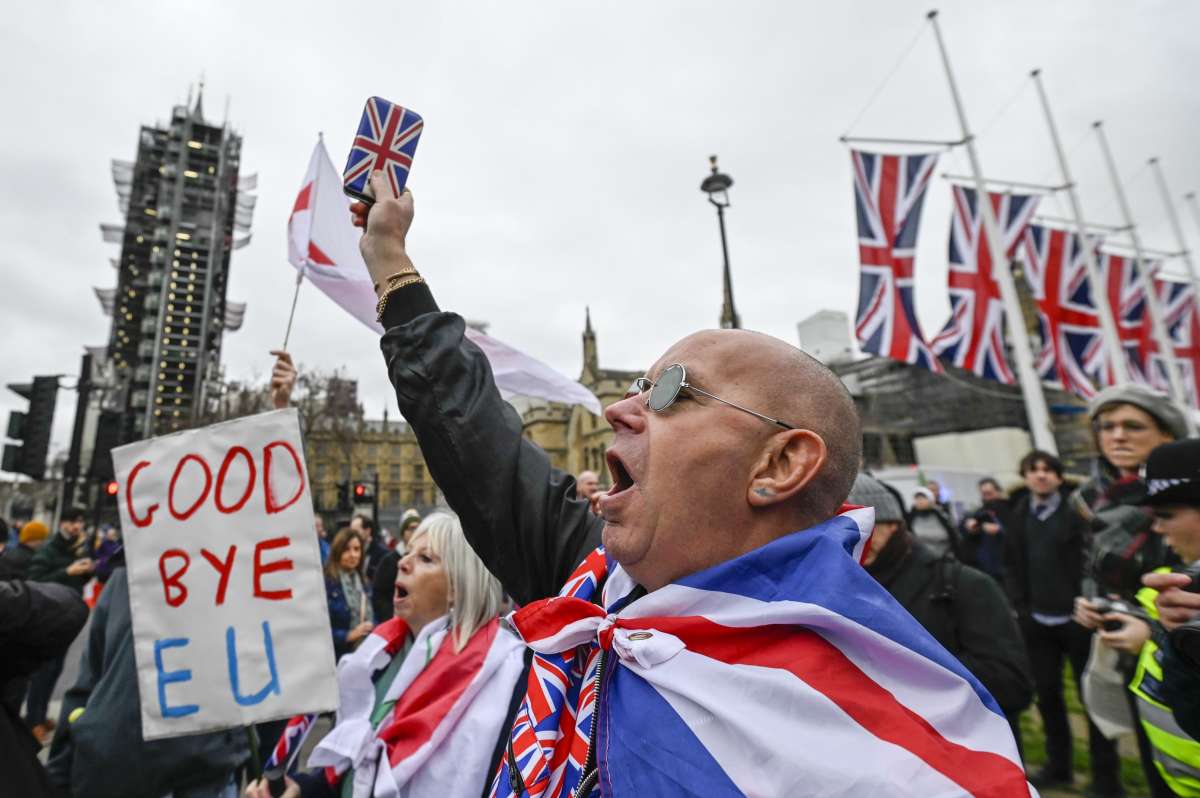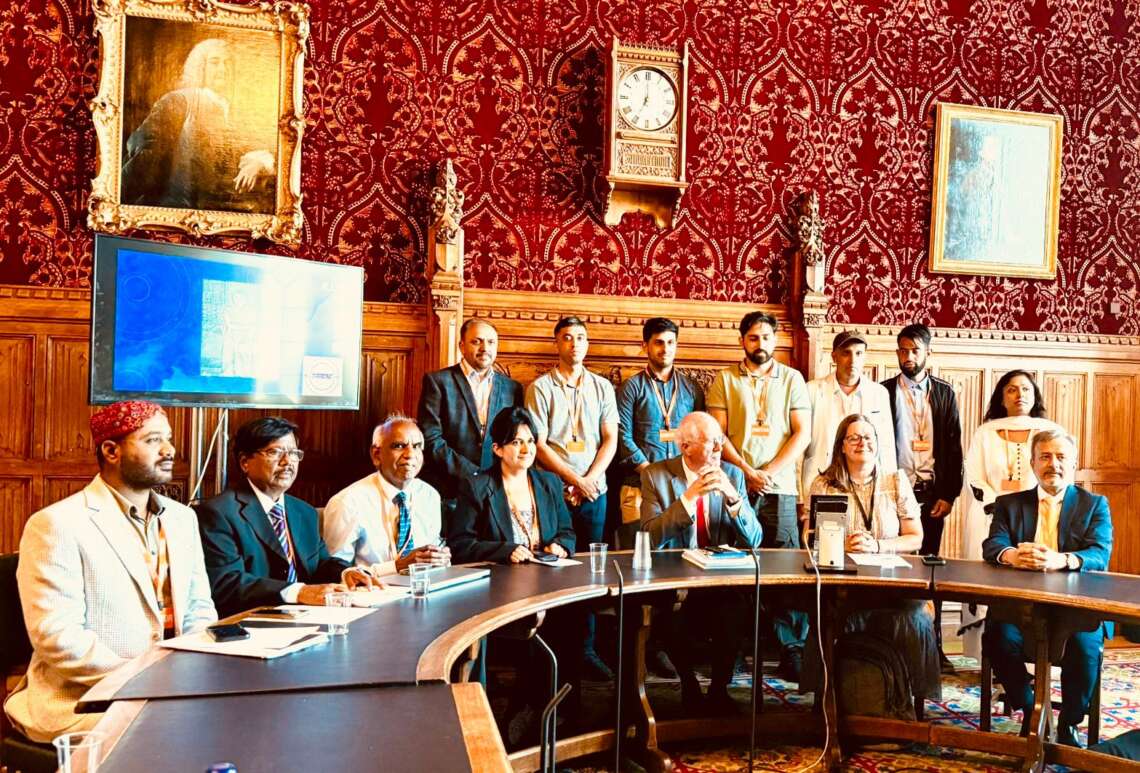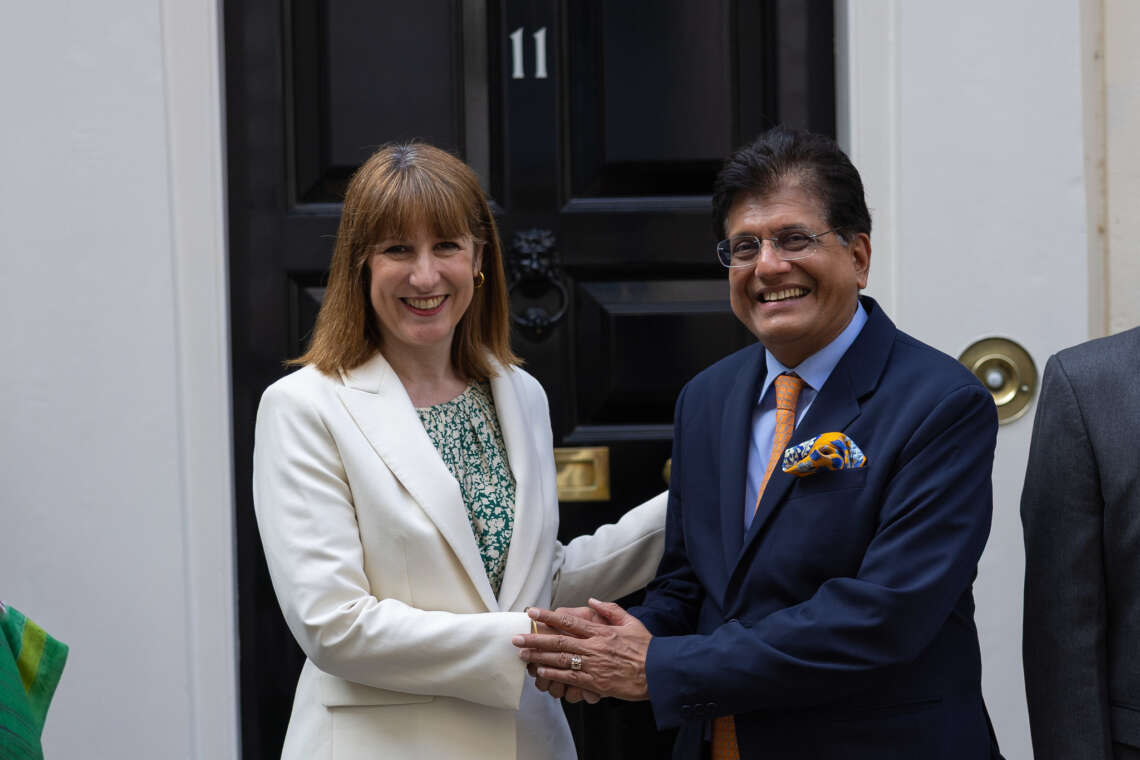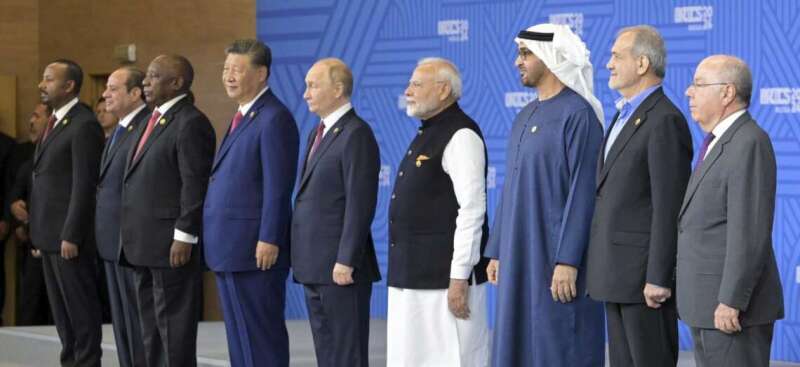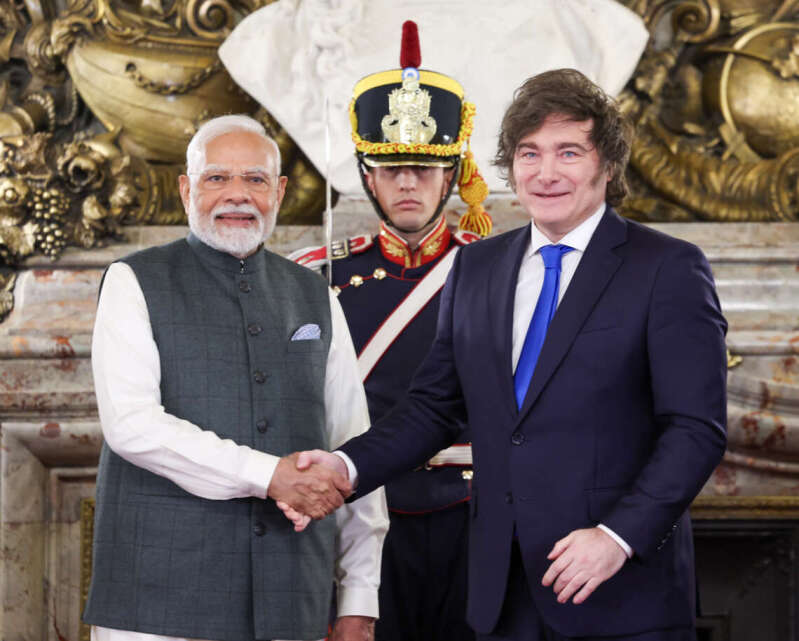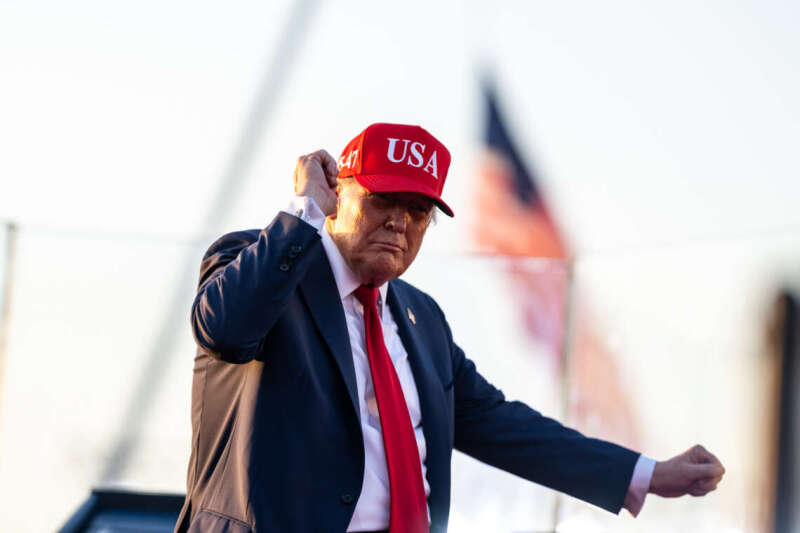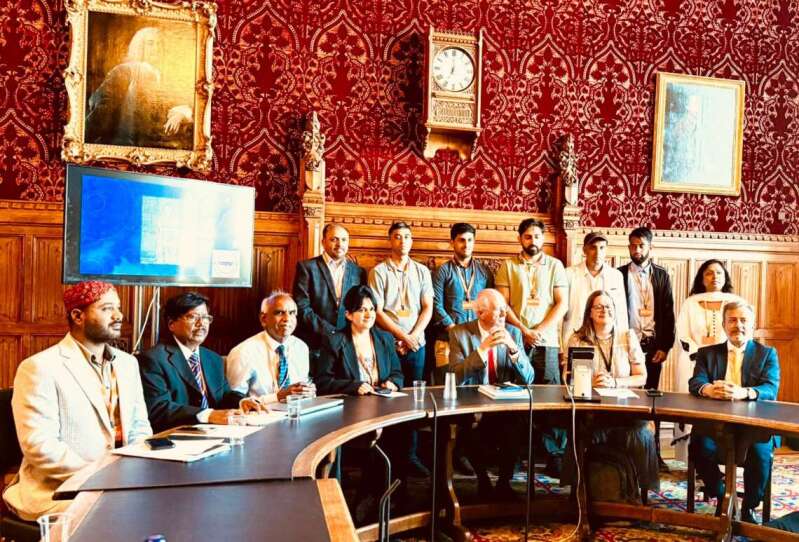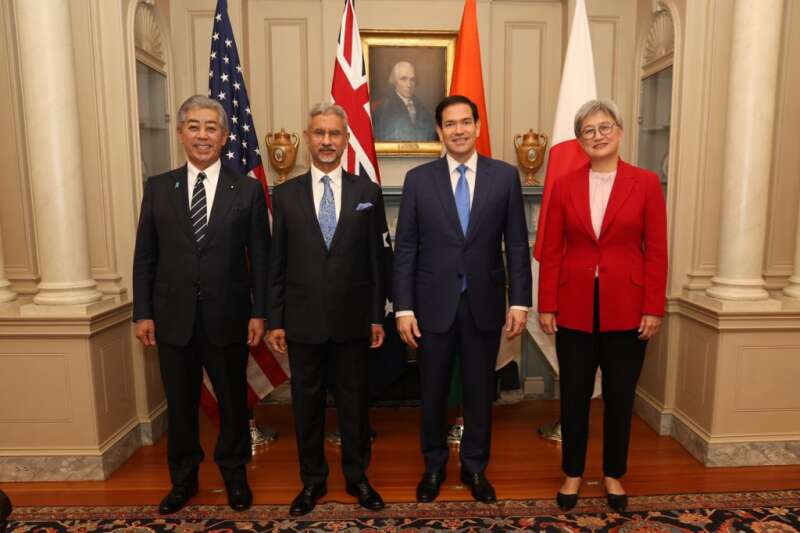With Britain facing severe economic challenges following the break from its major trading partner, there is growing disillusionment among the population over the promises made by Brexiteers…reports Asian Lite News
Nearly two-thirds of Britons now support a referendum on rejoining the European Union, a new poll has shown.
With Britain facing severe economic challenges following the break from its major trading partner, there is growing disillusionment among the population over the promises made by Brexiteers.
That has been reflected in the latest survey, showing that nearly two thirds want a second referendum, with the vote now expected to go in favour of returning to the EU.
The Savanta opinion poll found that the numbers who want a second vote has risen to 65 per cent, up from 55 per cent a year ago.
For the first time, the survey also showed that the majority, 54 per cent, believe that Brexit was the wrong decision, an increase from 46 per cent last year.
Federico Fabbrini, director of the Brexit Institute think-tank said that while the “dire economic consequences” of Brexit had been anticipated, they have only “become fully evident now”.
“The explosion of the Covid-19 pandemic largely concealed the costs of exiting the EU but now these are for all to see, in terms of higher inflation, lack of workforce and difficulties in trade,” said Mr Fabbrini, who is also a visiting professor at Princeton University. “This largely explains the change in public opinion — really for the first time since the referendum.”
Any second referendum could well mean that Britain votes to rejoin the European bloc after the slender margin in the 2016 poll in which the UK voted by 52 per cent to 48 per cent in favour of exiting the EU.
Boris Johnson, Brexit’s chief cheerleader, has also been significantly discredited following his chaotic and dissembling period as prime minister.
Brexit’s leading strategist and inventor of the “take back control” slogan, Dominic Cummings, has also faced criticism during his time as Mr Johnson’s chief adviser in No 10 Downing Street.
Britain formally exited the EU on January 31, 2020. However, a year-long transition period meant it remained within the single market trade bloc until the start of 2021.
Since then, UK companies have been hamstrung by EU red tape and rules forced upon them, leading to a significant cut in GDP.
Researchers at the London School of Economics reported last week that Brexit had added £210 ($254) to the average household food bill in the two years to the end of 2021.
The Savanta poll, carried out for the Independent, found that 22 per cent of respondents wanted a second referendum straight away, with 24 per cent wanting one within five years and 11 per cent within a decade.
More worryingly for hardline Brexiteers, the numbers who believe there should never be a second referendum has fallen from 32 per cent to 24 per cent.
The findings come amid a renewed focus on the effects of Brexit.
Last week the British Chambers of Commerce called on the government to look again at how trade with Europe can be improved, two years on from the deal agreed by former prime minister Boris Johnson.
Earlier this month researchers at the London School of Economics (LSE) also found that Brexit had added £210 to the average household food bill in the two years to the end of 2021, because of extra red tape.
There are signs even some Brexiteers are becoming frustrated. Former minister George Eustice recently hit the headlines when he criticised a post-Brexit trade deal with Australia, saying it “gave away far too much for far too little in return”.
On the results of the latest poll, Liberal Democrat foreign affairs spokesperson Layla Moran said: “It’s no wonder that the British public feel this way, when the Conservatives have gone out of their way to make it harder for smaller businesses to trade with our neighbours, for farmers to sell their produce overseas, and for scientists to cooperate with their counterparts.
“The Conservative government’s decision to erect barriers to trade with our largest trading partner is the last thing we need, not least in this cost of living crisis.”
A government spokesperson said: “We are taking full advantage of the many benefits of Brexit, and are restoring the UK’s status as a sovereign, independent country that determines its own future.
“We have taken back control of our borders, restored domestic control over our law-making and axed numerous pieces of bureaucratic red tape, saving businesses and consumers money across the country.”


